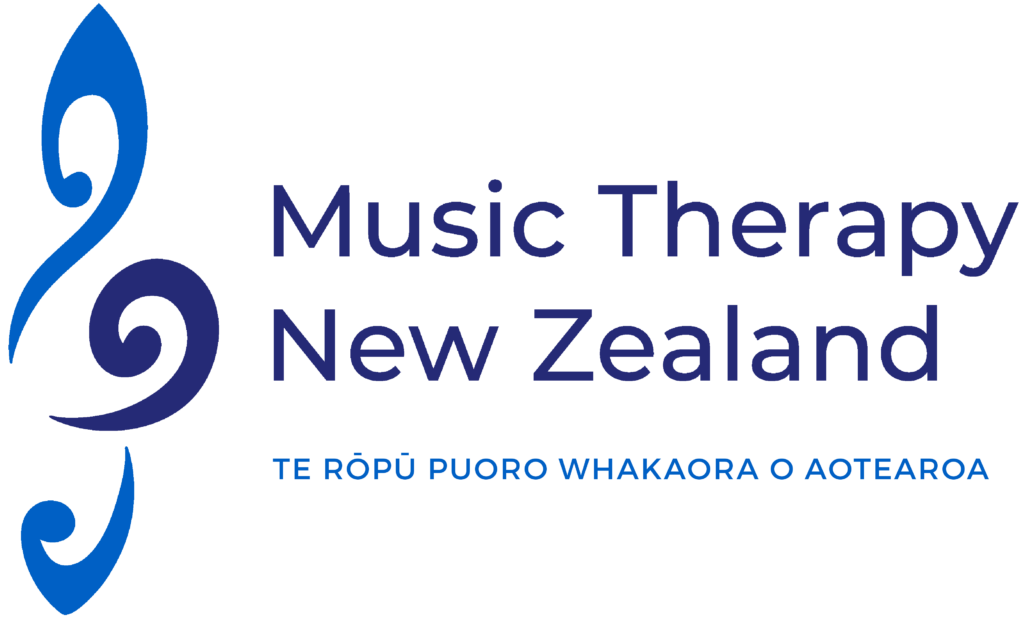Brieonie Jenkins
BA (Hons), GradDip (Psych)
The University of Auckland
Shari Storie
MMusTher (Hons), BSc, BMus, NZ RMTh
The University of Auckland
Suzanne Purdy
PhD, MSc, DipAud, MNZAS, MAudSA, FAAA
The University of Auckland
Keywords: Choral singing, music therapy, quality of life (QoL), neurological conditions.
Abstract
As New Zealand’s population ages, the prevalence of neurological conditions will increase. As such, there is a vital need to ensure that we are able to provide easily accessible, appropriate and effective therapeutic support to these individuals. Participation in a choir has been proposed to have a number of benefits, including improved mood, health and social support across a variety of populations including those with neurological conditions. This cross-sectional observational study used mixed methods to characterise the quality of life of individuals who participated in therapeutic and social choirs facilitated by music therapists. Participants were a convenience sample from the CeleBRation and Cantabrainers neurological choirs, New Zealand(NZ). Quality of life was measured with the NZ WHOQOL-BREF and compared to the reference values of people with disabilities from the WHOQOL-DIS and the New Zealand reference values for the NZ WHOQOL-BREF. Content analysis was conducted on participants’ answers to open ended questions from a choir participation questionnaire. Findings show that 60 people with neurological condition who participate in a choir have some higher quality of life scores than the reference values of people with disabilities from the WHOQOL-DIS. Choir participants’ mean overall quality of life was 3.4 (SD= 1.04). Environment was the highest domain score (M= 15.86, SD= 2.09). The mean item score for choir participants was higher than the upper 95% CI for the WHOQOL-DIS reference values. Choir participants perceived positive improvements including physical, psychological and social benefits as a result of choir participation.


